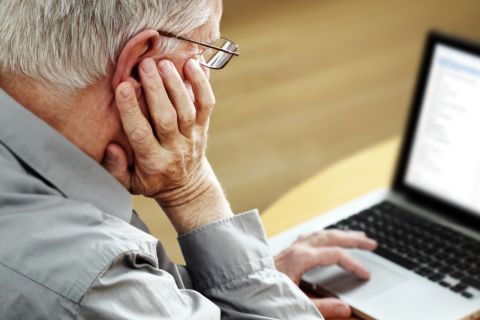When is the best time for a coffee break?
Delaying the first cup of the day, and limiting overall consumption, could have health benefits.

The bad news
Research from University of South Australia found drinking six or more coffees a day can be detrimental to your health, increasing your risk of heart disease by up to 22%.
To maintain a healthy heart and a healthy blood pressure, limiting coffees to fewer than six cups a day is a good idea.
High coffee consumption is also associated with smaller total brain volumes and an increased risk of dementia. The effects of coffee on the brains of 17,702 participants aged 37-73 in the United Kingdom found those who drank more than six cups of coffee a day had a 53% increased risk of dementia.
Many of us already delay our breakfast coffee until mid-morning – 90 to 120 minutes after we wake up. Now, science has supported that choice.
It’s because of a naturally occurring hormone, cortisol, which provides a stimulus in the early morning but falls off as the morning goes on.
Of course, many of us turn on the coffee machine first thing. But science would say that the perfect time to have a coffee is mid-morning, once your cortisol levels have dropped off.
Caffeine also interacts with a chemical called adenosine, which is involved in energy production.
Adenosine can trigger a process that makes us drowsy when it binds to cells in our bodies – and this may be more likely to happen later in the morning.
Caffeine can stop this binding process, so it may be best to delay your coffee until you start to get that sleepy feeling.
But there are many factors that can determine whether drinking at a particular time of day makes a difference.
The best time for coffee may well be when you want the feeling it provides.
There are no rules, or scientific evidence, apparently as to how late you should drink coffee. Some people metabolise it very rapidly, some people metabolise it very slowly.
That's why some people can drink it late in the day without it affecting their sleep, but others can't.
Another thing that will determine how much coffee you can drink and how late in the day is how much practice you've had drinking it.
As some of us have found out – from withdrawal symptoms and cravings – we can become habituated to coffee. If you drink regularly, you will need more coffee to get the same fix.
If you have too much caffeine for your body to handle, you can get symptoms such as dizziness, palpitations, anxiety, irritability, tremors, sleeplessness – and worse, including seizures, if you overdose.
The food authority, Food Standards Australia New Zealand (FSANZ), has recommended a maximum daily caffeine intake. For an adult, this might be two or three espressos – but the exact amount of caffeine in the cup is hard to work out given it varies with blend, brewing methods, and what size cup you use.
FSANZ says pregnant women and children should consume less caffeine. It also notes that children who drink around two cans of cola a day can have increased levels of anxiety.
Something to note if you like chocolate with your coffee: they both contain caffeine, so having them together can add to the buzz, not to mention the added sugar.
Research has found drinking French press or Turkish coffee with dark chocolate leads to greater absorption of antioxidants in both, than when they are consumed separately.
Related reading: ABC, Bond University, University of South Australia








